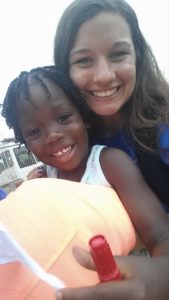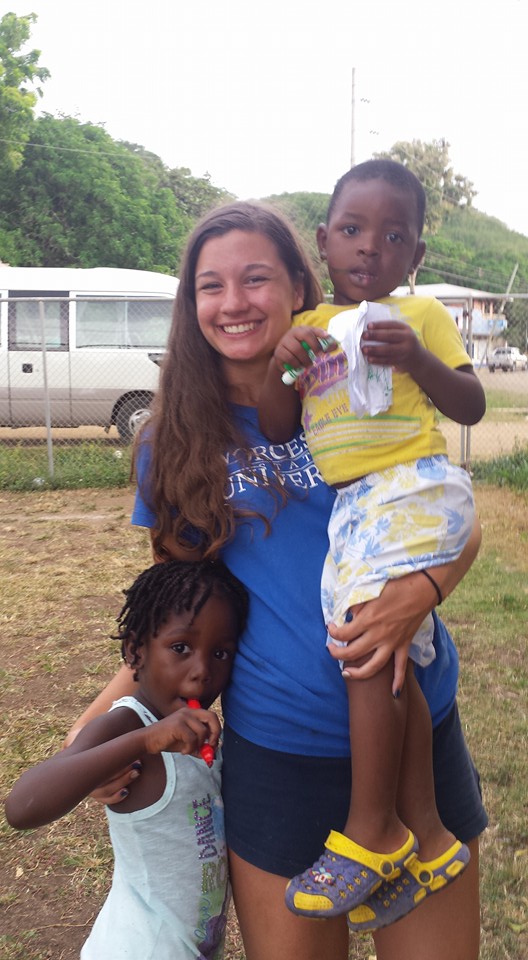By: Liz Trudel, Staff Writer
A few summers ago, I traveled to Guanacaste, Costa Rica, on a mission trip with Global Leadership Adventures (GLA). GLA is an organization that mentors high school students on service-learning trips to developing countries. Each mission trip is focused on humanitarian and conservation initiatives. I traveled solo to Liberia, Costa Rica, where I was met by twenty-three student strangers and five mentors, all of whom became family to me in a short span of time. We lived in a small, underserved community, two hours outside of Liberia and an hour from the closest city of La Cruz. We lived among the Tico people. We faced the poverty, the social, the political and the environmental issues of Costa Rica firsthand. We spoke with local leaders and worked with community members to complete several projects that improved infrastructure and created more jobs. I journeyed to Costa Rica in the hope of making a difference in the lives of a community less fortunate than mine. Wanting to enrich my knowledge amidst a new culture and language, the children, especially and members of the community changed my life immensely. Volunteering abroad completely turned my life upside down, teaching me valuable life-lessons. It also taught me a lot about myself as a human being.

The community needed a safe place for children to play and grow; we refurbished a run-down playground, making it vibrant and safe. We built a small kiosk for local women to sell snacks and handmade crafts to earn extra money. The playground was renamed Conciencia Cuidemos—Park of Dreams. I engaged with a multitude of young children, who taught me how to play the Latin American version of many beloved childhood games. I learned that we don’t have to fully understand words, that even though there is a language barrier, two cultures can still form meaningful bonds and friendships through smiles, laughter, and body language. Collaboration taught me that if my generation can come together as like minded individuals, we can launch meaningful initiatives whether social, political, or environmental and solve many world problems faced today.
Traveling from the USA, a fully industrialized nation, to an underprivileged community in Costa Rica, I experienced distinct cultural differences that changed my entire outlook on life. The United States has become a nation focused on and obsessed with tangible objects, driven by greed, making money and consuming products. We compete with our neighbors to have the latest smartphone, the most expensive car, the trendiest clothing and the largest home. Costa Ricans live by the motto, “Pura Vida,” or “Pure Life.” Costa Rican citizens value the conservation of wildlife and the preservation of the natural wonders of our earth. They value one another and help others in any way they can—including strangers. Most importantly, they value the creation of meaningful bonds and relationships with their peers. I learned that money truly can’t buy happiness; the best things in life come free to us, and richness cannot be gained by wealth. The most valuable thing in life is not a sports car or a diamond ring, but it is the people that we share our lives with, and the beautiful memories which we create.
A local refugee camp in the region housed over 300 families together in one building. The refugees came from the Democratic Republic of the Congo, Cuba, Honduras and Somalia. Families had been fleeing corruption in their home countries and were desperately seeking to enter Nicaragua when that country sealed its borders, refusing them entry. Playing with the children here opened my eyes. They owned so little, yet found so much joy in what they did have.
I’ve learned to truly value the privileged life I live and to be grateful for the limitless opportunities I was born into, opportunities that some children may never see in their lifetime. Traveling to Costa Rica gave my life purpose and meaning. My heart aches knowing that I am here in the USA while people are suffering in other places of the world. As human beings, we know that there are human crises and suffering elsewhere, but it doesn’t truly affect our hearts until we personally know the people who suffer.

